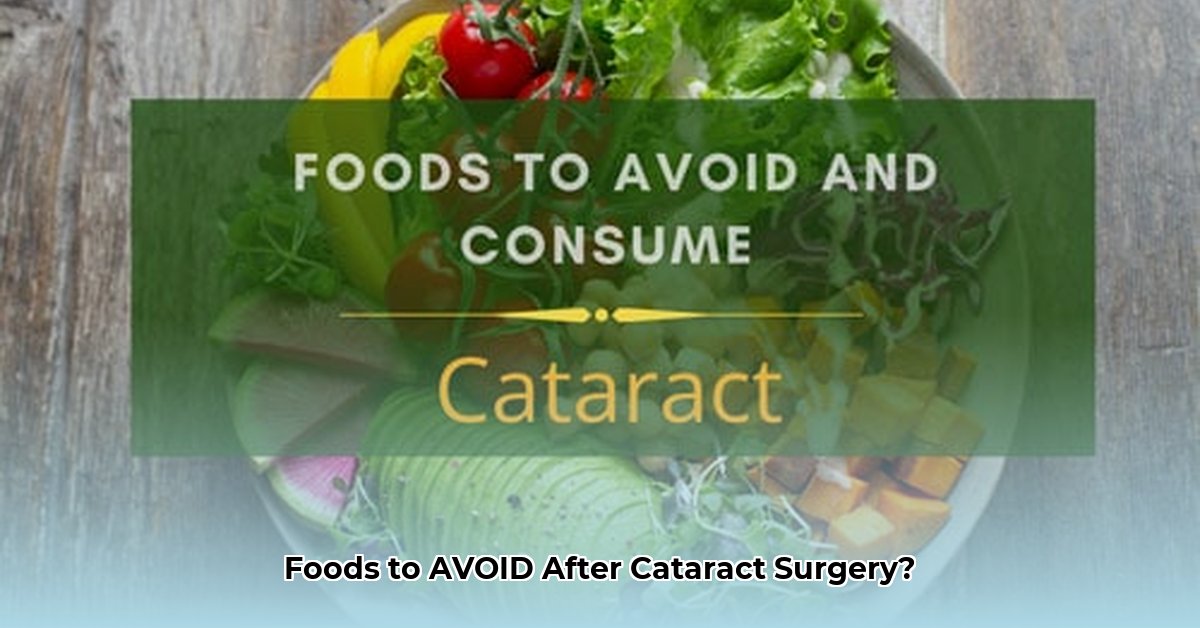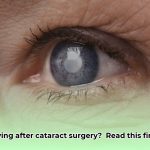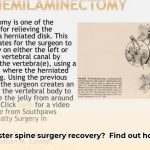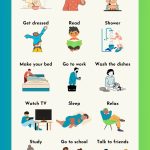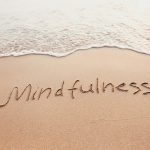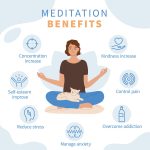So, you’ve had cataract surgery – congratulations! Now, you’re probably wondering what you can and can’t eat to help your eyes heal quickly and comfortably. This guide is here to help you navigate that. We’ll break down which foods can slow down your recovery and which ones will give your body the best chance to heal. It’s all about making smart food choices to get you back to seeing clearly and feeling great as quickly as possible. We’ll even share some tips from eye doctors and nutrition experts to make this whole process easier for you. For more information on post-op activities, check out this helpful guide on [travel after surgery](https://mearnes.com/can-you-fly-after-cataract-surgery/).
Food Not to Eat After Cataract Surgery: A Speedy Recovery Guide
Congratulations on your cataract surgery! Now, let’s focus on making your recovery as smooth and quick as possible. What you eat plays a surprisingly big role in how well you heal. Let’s talk about foods to avoid to help your eyes recover faster and enhance the healing process.
Inflammation Management and Foods to Steer Clear Of
Think of inflammation like a small fire – it’s your body’s natural reaction to injury, but too much inflammation can slow down the healing process. Certain foods can act like fuel on that fire, making things worse. For example, high-sodium foods, like salty snacks and processed meals, can cause extra swelling around your eyes. Spicy dishes can make your eyes water more and feel irritated.
So, what should you avoid in the first few weeks after your surgery to promote optimal healing? Here are some foods to keep away from:
- Highly processed foods: These foods are generally high in unhealthy fats, sugar, and salt, all of which can contribute to inflammation. Candy, sweetened breakfast cereals, chips, and many packaged snacks fall into this category.
- Foods with added sugar: Excessive sugar intake can lead to inflammation. Limit your intake of sugary drinks, baked goods, and candy. Opt for natural sweeteners like fruit in moderation.
- Refined carbohydrates: White bread, white rice, and pastries are low in fiber and essential nutrients. They can also cause rapid spikes in blood sugar, potentially slowing down the healing process.
- Fried foods: French fries, fried chicken, and other fried foods are high in unhealthy and inflammatory fats.
- Salty, high-sodium foods: Think processed meats, canned soups, many packaged snacks – anything with a lot of salt.
- Spicy foods: Chili peppers, hot sauces, and overly spicy seasonings should be put on hold.
These foods might not harm everyone, but it’s best to be cautious to avoid any unnecessary irritation, thus encouraging faster recovery.
Hydration Strategies and Drinks to Limit Post-Surgery
Just like a car needs gas, your body needs the right fluids to work its magic. Dehydration can slow down your body’s natural healing process after cataract surgery. That means it’s really important to stay well-hydrated with water. What drinks might hinder your healing? Alcohol and too much caffeine can dehydrate you, so it’s best to limit your intake of both for awhile. High alcohol intake can also weaken your immune system.
Aim for around 8-10 glasses of water a day, or 2-3 liters. This simple habit can make a big difference in improving recovery times! Staying properly hydrated supports overall bodily functions (nutrient transport, waste removal).
Infection Prevention Tips: Foods to Handle with Care
After surgery, preventing infection is super important to consider. While nuts and seeds are generally healthy, the tiny particles could accidentally get into your eye during this sensitive period, causing irritation or—worse—infection. Therefore, it’s advisable to avoid foods containing nuts and seeds during the initial recovery phase. Also, make sure to avoid unpasteurized dairy products to minimize risk.
Foods That Help You Heal Faster After Cataract Surgery
It’s not just about what to avoid; it’s also important to focus on the good stuff! Your body needs the right nutrients to repair itself and get you back on your feet (and seeing clearly!). Lean proteins, like fish and chicken, help build and repair tissues. Healthy fats, like those found in avocados and olive oil, are essential for many bodily functions. Antioxidants from fruits and vegetables help fight inflammation, and whole grains give you sustained energy.
Here’s a shopping list of foods that can support your recovery journey:
- Vitamin C-rich foods: Citrus fruits, berries, kiwi, broccoli, and red peppers promote healing and reduce inflammation.
- Green leafy vegetables: Spinach, kale, and collard greens are packed with antioxidants, lutein, and zeaxanthin, crucial for eye health.
- Zinc-rich foods: Meat, shellfish, legumes, nuts, and seeds aid in wound healing, immune function, and vision health.
- Omega-3 fatty acid-rich foods: Fatty fish like salmon, tuna, and sardines have anti-inflammatory properties and can help with post-cataract surgery “dry eye.”
- Lean proteins: Fish (salmon, tuna), chicken breast, beans, lentils.
- Healthy fats: Avocado, olive oil, nuts (in moderation, after the initial healing phase is over).
- Antioxidants: Berries (strawberries, blueberries), leafy green vegetables (spinach, kale).
- Whole grains: Brown rice, quinoa, oats.
Your Post-Surgery Diet Timeline: A Step-by-Step Guide
This is a general guideline, consider this timeline for best results; your doctor or a registered dietitian can offer more personalized advice depending on individual needs.
Step 1: Immediately After Surgery (Day 1-3)
Focus on light, easily digestible meals. Soups, yogurt, and soft-cooked vegetables are good options. Stay well-hydrated with water and herbal teas. Avoid alcohol and limit caffeine intake.
Step 2: Weeks 1-2
Gradually introduce more solid foods while continuing to avoid processed foods, excessive sugar and salt, and fried foods. Prioritize protein-rich meals to aid tissue repair.
Step 3: Weeks 2-4
Continue to maintain a balanced diet rich in fruits, vegetables, and whole grains. Monitor your body’s response to different foods and adjust your diet accordingly.
Step 4: Ongoing
Adopt a long-term healthy eating plan that supports overall eye health. Include plenty of antioxidant-rich foods, omega-3 fatty acids, and essential vitamins and minerals.
Remember, this is just a guide. Every individual heals differently. Your ophthalmologist or a registered dietitian can provide the best advice tailored to your specific situation, ensuring that the diet is suitable for the individual condition. Listen to your body, and don’t hesitate to reach out to your medical team if you have any questions or concerns. A balanced approach, combined with a positive attitude, will set you up for a happy and speedy recovery!
Best Post Cataract Surgery Diet for Faster Healing
Want to speed up your recovery after cataract surgery and ensure best possible health? Nutrition plays a vital role in this process. Let’s explore what to eat—and what to avoid—to optimize your healing journey, supporting you every step of the way.
Key Takeaways:
- A balanced diet is crucial for post-operative healing after cataract surgery.
- Prioritize nutrient-rich foods in your diet to aid recovery.
- Minimize inflammation-causing culprits to reduce discomfort.
- Hydration is key for overall body function and the healing process.
- Individual needs vary, making it important to consult your doctor or dietitian.
Understanding the Importance of Nutrition for Eye Health
Think of your body as a finely tuned machine, needing fuel to repair and rebuild. After cataract surgery, it needs the right fuel to repair and rebuild. The best post cataract surgery diet for faster healing focuses on providing your body with the building blocks it needs to recover efficiently. This translates to vitamins, minerals, healthy fats, and other essential nutrients!
What you eat directly impacts your body’s ability to heal and regain eye health. A diet packed with antioxidants helps combat inflammation. Sufficient protein supports tissue repair. And adequate hydration keeps everything running smoothly.
Foods to Favor for Faster Healing and Optimal Outcomes
Let’s focus on what fuels your body’s recovery and promotes optimal visual outcomes:
- Leafy Greens: Spinach, kale, and collard greens are nutritional powerhouses, rich in vitamins A, C, and K, and antioxidants like lutein and zeaxanthin, all important for eye health.
- Citrus Fruits: Oranges, lemons, and grapefruits are packed with vitamin C, essential for collagen production, crucial for tissue repair.
- Berries: Blueberries, strawberries, and raspberries are bursting with antioxidants, helping combat inflammation in the body.
- Fatty Fish: Salmon, tuna, and mackerel provide omega-3 fatty acids, known for their anti-inflammatory properties and overall eye health benefits.
- Nuts and Seeds: Almonds, walnuts, and flaxseeds offer healthy fats, vitamin E, and other nutrients that support overall health, contributing to healing.
- Lean Protein: Chicken, fish, beans, and lentils provide the building blocks for tissue repair after surgery.
Remember, variety is key! Aim for a colorful, balanced plate filled with diverse nutritious foods to maximize the nutritional intake.
Foods to Limit or Avoid for a Smoother Recovery
Some foods can hinder your healing process after cataract surgery. It’s not about complete elimination,
- The TM Book Offers an Essential Guide to Meditation. - March 4, 2026
- Transcendental Meditation Books Guiding Your Journey to Deeper Practice - March 3, 2026
- Your TM Meditation Book Explores Its Benefits and History - March 2, 2026
